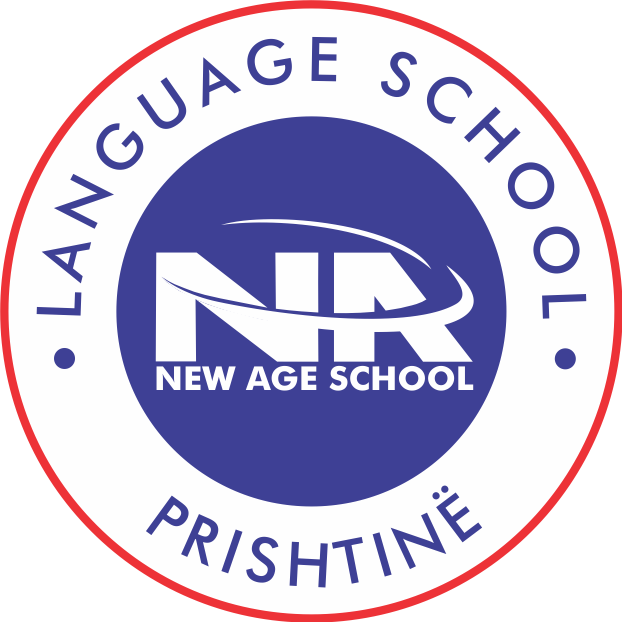Learning stages
Students learn in different ways and there are many factors influencing the language learning progress, such as age, gender, culture, motivation, linguistic background and learning style. To ensure that our students achieve their learning goals we have modeled the following stages in the learning process.
Placement test
On arrival the students will be tested in order to identify their level in grammar, vocabulary, pronunciation, reading, writing, listening and speaking.
Course and level
Initially the student will be placed in a certain course, but the course teacher will closely monitor the student during the first. Once the teacher has identified the student’s goals, learning profile and linguistic background, he recommends a definite level and course for the student.
Progress
Our students are regularly assessed and tested. After each test the students receive advice and extra study materials to improve their language skills in and outside the classroom. If for any reason the students are not meeting the course objectives, we work with them to review the study plan and if necessary change the level.
Achievement
On completion of each course the students receive a Certificate of Achievement, which details their language level in line with CEFR levels, stating the “can do” descriptors of the CEFR global scale for each level.
Lifelong learning
Learning is a lifelong process. Before students leave our school we will provide guidance on how to continue improving their language skills in the future. Lifelong learning is why we strongly encourage our students to keep record of their progress in a Portfolio. (European Language Portfolio).

